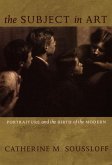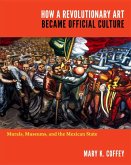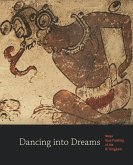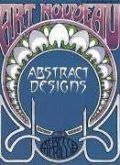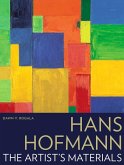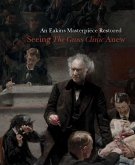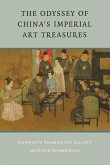This issue examines the legacy of Nazi-looted art in light of the 2012 discovery of the famous Hildebrand Gurlitt collection of stolen artwork in Germany. When the German government declassified the case almost two years later, the resulting scandal raised fundamental questions about the role of art dealers in the Third Reich, the mechanics of the Nazi black market for artwork, the shortcomings of postwar denazification, the failure of courts and governments to adjudicate stolen artwork claims, and the unwillingness of museums to determine the provenance of thousands of looted pieces of art. The contributors to this issue explore the continuities of art dealerships and auction houses from the Nazi period to the Federal Republic and take stock of the present political and cultural debate over the handling of this artwork. Special topic contributors. Konstantin Akinsha, Meike Hoffmann, Andreas Huyssen, Lawrence M. Kaye, Olaf Peters, Jonathan Petropoulos, Anson Rabinbach, Avinoam Shalem, Julia Voss, Amy Walsh
Bitte wählen Sie Ihr Anliegen aus.
Rechnungen
Retourenschein anfordern
Bestellstatus
Storno


